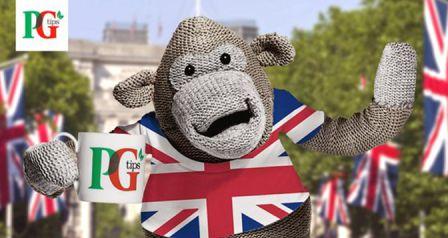Unilever Reports Growth Below Expectations

Unilever has reported a 2% increase in turnover to €52.0 billion for 2019 reflecting a positive impact from currency and a negative impact from the disposal of its spreads business. Net profit decreased by 38.4% to €6.0 billion due to the €4.3 billion prior year gain from the disposal of the spreads business. Unilever’s underlying operating margin increased 50bps during 2019.
Alan Jope (pictured above), chief executive of Unilever, comments: “In 2019 we delivered underlying sales growth of 2.9%, balanced between price and volume, a further year of good margin and earnings progression, and strong free cash flow. We saw strong growth from emerging markets and our Home Care division. Overall growth was slightly below our guided range for the year due to the slowdown we saw in the fourth quarter.”
 He continues: “We are now stepping up execution against our fundamental drivers of growth. These are to: increase penetration by improving brand awareness and availability; implement a more impactful innovation programme; improve our performance in faster growing channels; drive purpose into all our brands; and fuel growth through cost savings. We are continuing to evaluate our portfolio and have initiated a strategic review of our global tea business.
He continues: “We are now stepping up execution against our fundamental drivers of growth. These are to: increase penetration by improving brand awareness and availability; implement a more impactful innovation programme; improve our performance in faster growing channels; drive purpose into all our brands; and fuel growth through cost savings. We are continuing to evaluate our portfolio and have initiated a strategic review of our global tea business.
“In 2020, our underlying sales growth is expected to be in the lower half of the multi-year 3-5% range and will be second-half weighted. While we expect an improvement from the fourth quarter of 2019 into the first half of 2020, first half underlying sales growth will be below 3%.
“As we near the completion of our three-year strategic plan, we expect continued improvement in underlying operating margin and another year of strong free cash flow, remaining on track for our 2020 goals.”
Foods & Refreshment
Unilever’s Foods and Refreshment business grew underlying sales by 1.5% to €19.3 billion, with volumes down 0.2% and pricing of 1.7%, during 2019. Underlying operating margin decreased by 20bps driven by a reduction in gross margin.
Ice cream grew, however volumes declined due to a strong comparator from a particularly good European summer in the prior year. Growth was supported by plant based and ‘better for you’ offerings, including Magnum vegan and Ben & Jerry’s lighter Moophoria variants.
Tea saw price-led growth, however volumes declined due to subdued consumer demand for black tea in developed markets. Unilever continued to focus on the growing segments of premium black tea, black tea in emerging markets and fruit and herbal variants, with its premium herbal brand Pukka performing well.
In dressings, Hellmann’s grew, with the US business returning to growth in the second half of the year. The Hellmann’s vegan mayonnaise variant is now on shelves in over 20 countries while Sir Kensington’s premium ranges of mayonnaise and salad dressings have now more than doubled in size since the acquisition.
Price-led growth in savoury was supported by Knorr’s portfolio in scratch cooking and the launch of snacking ranges which address the convenience trend. Knorr launched the ‘Future 50 Foods’ report in partnership with the WWF, highlighting the next generation of plant-based foods that can boost nutritional value whilst reducing environmental impact. Unilever’s newly-acquired brand The Vegetarian Butcher entered a partnership with Burger King® to offer the Rebel Whopper® across 25 countries in Europe.



































